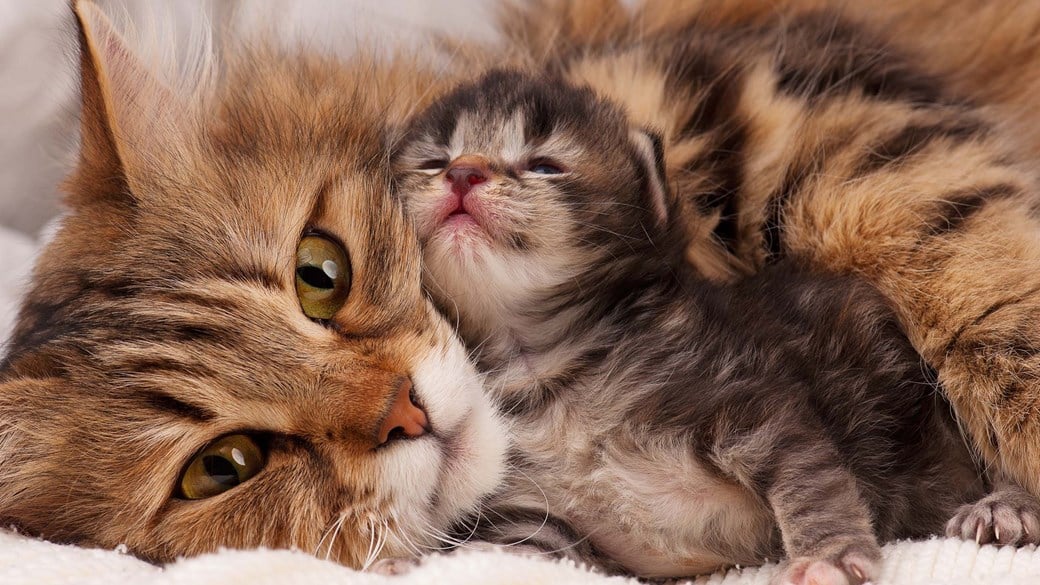Kittenhood is a precious time, filled with playful antics and adorable cuddles. But as your furry friend grows, it’s essential to consider their health and well-being. One important aspect of responsible pet ownership is spaying or neutering your kitten. The timing of this procedure is crucial to ensure optimal outcomes and prevent future health issues.

Image: www.pinterest.com
Optimal Age for Spaying or Neutering
Traditionally, kittens were spayed or neutered around six months of age. However, recent research and veterinary recommendations have established an earlier optimal age for these procedures. Studies have shown that spaying or neutering kittens at:
– 8 to 12 weeks of age for males (neutering).
– 4 to 6 months of age for females (spaying).
offers several benefits, including:
- Reduced risk of reproductive cancers such as mammary tumors in females and testicular cancer in males.
- Prevention of unwanted litters, which contributes to pet overpopulation and potential homelessness.
- Elimination of the need for hormonal injections, which can have side effects.
- Improved behavior, as spaying or neutering can decrease territorial marking and aggression.
Factors to Consider
While the recommended ages for spaying or neutering provide a general guideline, there may be individual factors to consider, such as:
– Weight: Some kittens may be underweight for their age, in which case it may be advisable to postpone the procedure until they reach an optimal weight.
– Health status: Kittens with underlying health issues may require further medical evaluation and stabilization before undergoing surgery.
– Lifestyle: For kittens that will be indoor-only pets, the optimal age for spaying or neutering is slightly less critical. However, for kittens that will go outside, an earlier procedure is recommended to prevent unplanned pregnancies and potential exposure to sexually transmitted diseases.
Preparing for Surgery
Before spaying or neutering your kitten, it’s essential to follow these steps:
-
Fasting: Withhold food from your kitten for 12 hours before surgery. Water should be available at all times.
-
Pre-operative examination: Your veterinarian will perform a physical exam and discuss the procedure, including potential risks and benefits.
-
Anesthesia: During surgery, your kitten will be placed under general anesthesia to ensure their comfort and safety.

Image: www.vets4pets.com
Post-Surgery Care
After the procedure, your veterinarian will provide you with instructions for post-surgery care, including:
-
Monitoring: Keep a close eye on your kitten for any signs of discomfort, such as excessive licking or mobility issues.
-
Pain management: Provide prescribed pain medication as directed by your veterinarian.
-
Activity restriction: Limit your kitten’s activity for several days to allow for proper healing.
-
Collar: Prevent your kitten from licking at the surgical site by using an Elizabethan collar.
-
Follow-up appointment: Schedule a follow-up appointment with your veterinarian to remove stitches and monitor your kitten’s recovery.
How Old Can A Kitten Be To Get Fixed
Conclusion
Spaying or neutering your kitten at the optimal age is an act of responsible pet ownership that contributes to their overall health, well-being, and longevity. By considering the factors discussed in this article and consulting with your veterinarian, you can make an informed decision that ensures the best possible outcome for your furry companion. Remember, a healthy and happy kitten is a joy to have in your life for many years to come.










